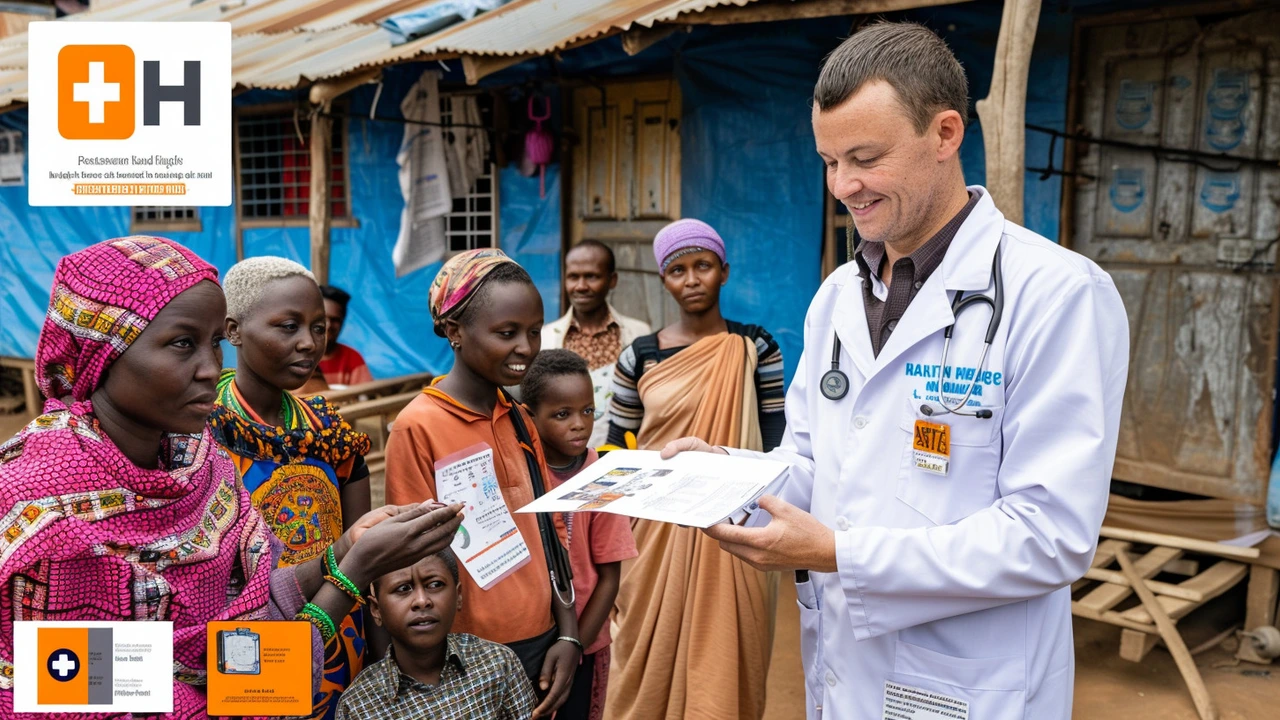Health Issues in Ethiopia: Real Impact on Jobs, Salaries, and Life
Health problems don't just affect your body—they hit your wallet and career too, especially in Ethiopia. From urban offices to rural farms, the state of your health often has a direct link to the kinds of jobs people can get, how safe they feel at work, and what they earn at the end of the month.
Let's face it, access to quality healthcare is not even across Ethiopia. In cities like Addis Ababa, you might find modern hospitals, but most people in rural areas depend on clinics that can barely keep up. Things like malaria, waterborne diseases, and ongoing nutrition issues mean plenty of folks miss work days, slow down their own careers, or even get pushed out of the job market early. Imagine the impact on families who depend on a single breadwinner.
Chronic health issues, such as diabetes and high blood pressure, are rising as urban lifestyles change. Unlike in some countries where your job comes with a solid health insurance plan, in Ethiopia, most workers have to pay out of pocket. A single hospital visit can wipe out months of savings, so people avoid checkups until things get serious. This cycle keeps people out of the workforce and limits promotion opportunities.
The mix of physical and mental health challenges plays out differently for teachers, factory workers, tech employees, and farmers. For example, teachers in rural regions sometimes face burnout and stress with little support. Factory jobs can be hazardous due to lack of safety gear or training, leading to injuries that take workers off the job for weeks.
For young people entering the Ethiopian job market, health knowledge is becoming just as important as education. More employers now look for people who not only have degrees but also pay attention to self-care. If you're healthy, you simply show up more, focus longer, and advance faster—it’s that basic.
Job seekers should watch for industries that take health seriously. Health and safety training, regular health checks, and fair sick leave all mean lower risk of missing work due to illness. When scouting career options, check if companies mention health insurance or workplace wellness—these are signs that you’ll be better looked after.
If you want to make a difference, jobs in healthcare are always in demand in Ethiopia. Even without a medical degree, skilled workers are needed in public health outreach, clinic management, and education roles that raise awareness about preventable diseases. A healthy country needs informed and practical professionals in every community.
At the end of the day, health issues in Ethiopia are more than a personal challenge—they shape who works, who stays home, and who can earn enough for a better future. Making small changes, like eating better, getting regular checkups, and following workplace safety basics, can boost job security and open up new opportunities. For anyone mapping out a stable career in Ethiopia, understanding and managing health risks is part of the job.






